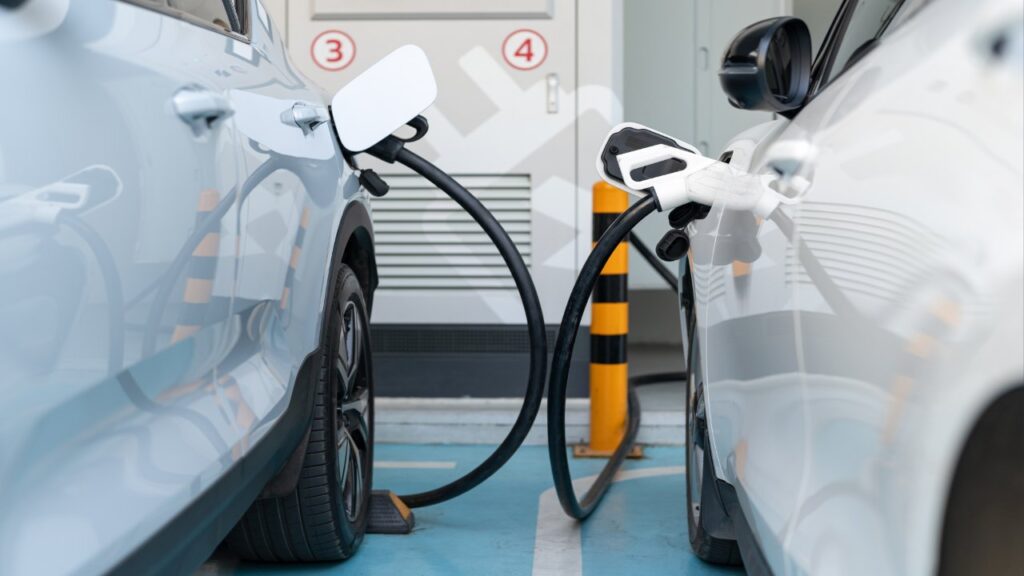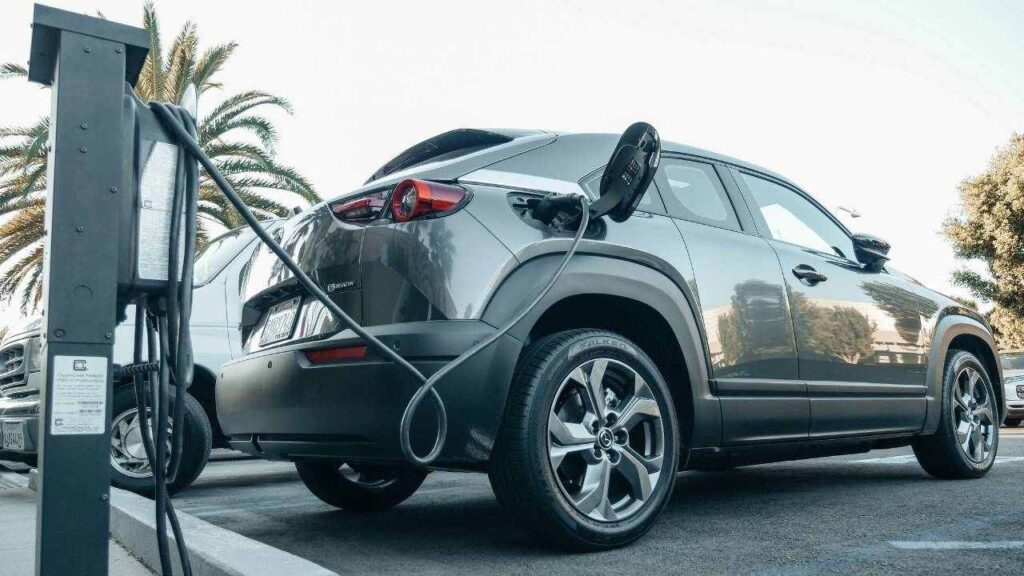As per the new EV Availability Standard, Canada plans to install 84,500 chargers by 2029 which will boost the charging infrastructure immensely.
In a bid to promote and enable mass EV adoption, the Government of Canada announces the new EV Availability Standard. Steven Guilbeault, the Minister of Environment and Climate Change, has revealed a standard designed to guarantee an uninterrupted availability of zero-emission vehicles, aligning with the national objective of achieving 100% zero-emission vehicle sales by 2035.

You might also like: Electric Vehicles Take Charge in Canada – 2035 Zero-Emission Mandate
Canada EV Availability Standard
In order to break down such an arduous task into more achievable goals, the implementation will follow a step-wise approach. The initiative has set interim goals – 20% of vehicle sales by 2026 and 60% by 2030. It aims to increase the availability of EVs in Canada, cutting wait times and ensuring access to the latest models. This standard aligns with global efforts to cut emissions and promote EV usage, as seen in the United States, the United Kingdom, and the European Union.
Huge Investment Plans To Setup Charging Infrastructure
We know that the lack of charging infrastructure is a major bottleneck in the mass adoption of electric cars across the globe. Experts highlight that, with federal and provincial incentives, EVs offer long-term affordability, resulting in substantial savings compared to traditional gas-powered vehicles, according to the Canadian government.
To aid the shift to electric transportation, the government is investing $1.2 billion to set up 84,500 chargers by 2029. This complements private and provincial initiatives to expand the charging network. The government’s investment in EV production and battery supply chains is set to generate numerous jobs in a modern automotive supply chain.
You might also like: Top 5 Upcoming Electric SUVs in 2024 – Part 2
Learn Electric Cars Says
We are witnessing various governments across the globe, offering incentives and heavy investments in developing charging infrastructure for EVs. Additionally, there are new policies in place to make a transition out of coal-burning sources of energy. That is why it becomes necessary to ensure that the energy needed to power electric mobility should also stem from renewable sources.
It will ensure an actual reduction in carbon footprint from automobiles. Hence, measures and investments like these are unequivocal signs of what’s coming in the next decade. We shall have to keep a close eye on further developments in this field.


Pingback: รับทำ SEO ติดหน้าแรก
Pingback: กระเป๋าผ้ากระสอบ
Pingback: coupon codes
Pingback: boat for rent in fort lauderdale
Pingback: sbo-betth
Pingback: my cam
Pingback: โคมไฟ
Pingback: cam promo
Pingback: Buy CLONED CARDS Online
Pingback: เช่ารถตู้พร้อมคนขับ
Pingback: 789BET
Pingback: หนังโป๊ไทย
Pingback: happyluke เว็บตรง
Pingback: รับเขียนแบบบ้าน
Pingback: iepērk mežus
Pingback: BAU_2025
Pingback: หวยปฏิทินจีน แนวทางเสี่ยงโชคมืออาชีพ
Pingback: เว็บบาคาร่า ไม่มีขั้นต่ำ ดีอย่างไร ?
Pingback: chadabet
Pingback: กระเป๋าผ้าดิบ
Pingback: league88
Pingback: EV Charger